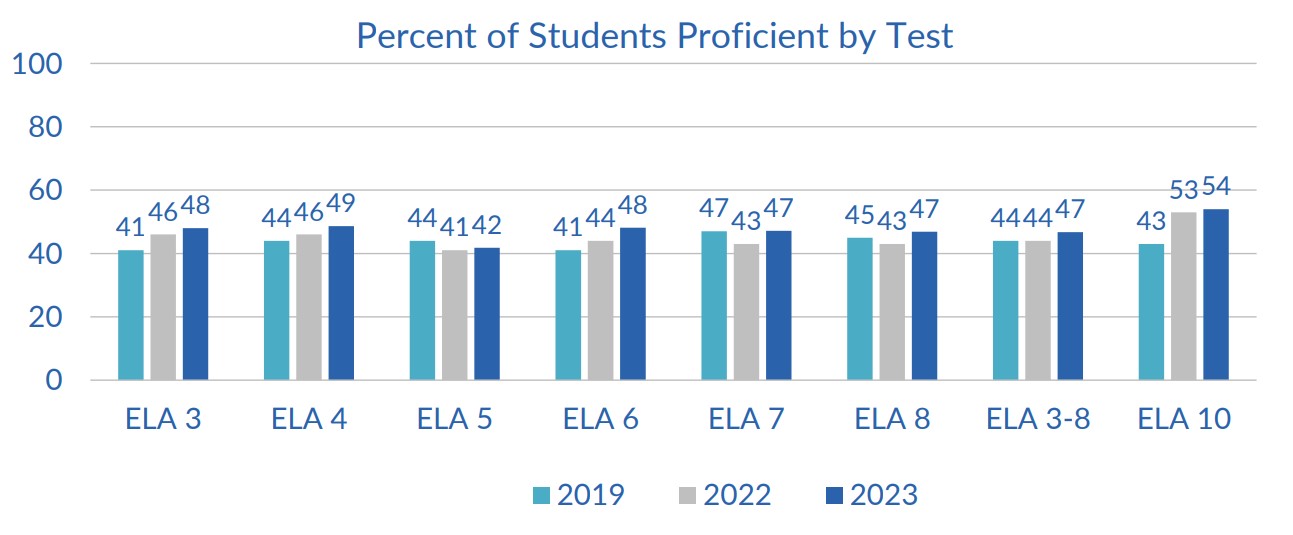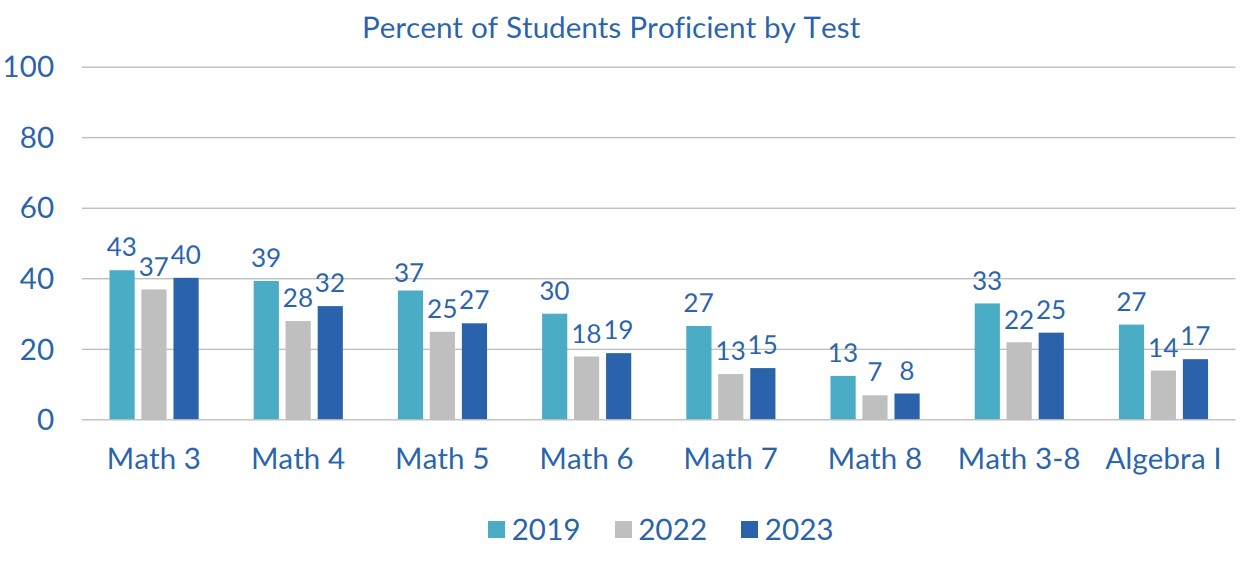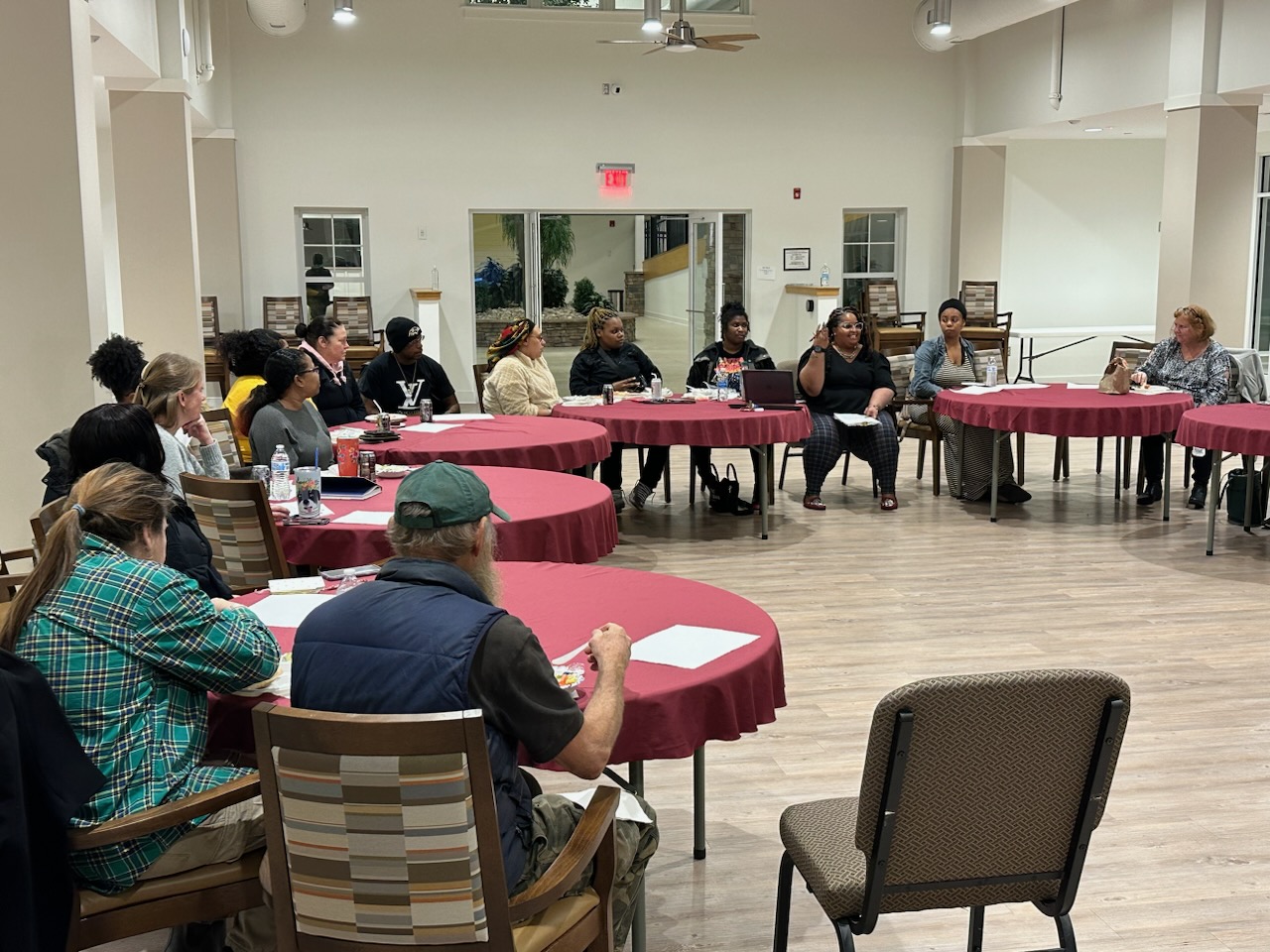A bequest of $3,000,000 from Carol Ruth Lofstedt’s Revocable Trust to the Talbot County Public Schools Education Foundation established through Mid-Shore Community Foundation will benefit the educators and students of Talbot County Public Schools (TCPS). This bequest is made in memory of Dr. Joyce Arline Goodwin, Ph.D., Ms. Lofstedt’s long-time partner. The gift will be used to “assist teachers who are in need of additional funds for classroom supplies, teaching tools, classroom equipment, and program curriculum” and to “support and encourage innovative teaching and creative learning” as directed in Ms. Lofstedt’s Trust.
Both Ms. Lofstedt, who passed away in January 2022 at the age of 88, and Dr. Goodwin who passed away in 2018, were passionate about education and loved children. “Carol and Joyce were lifelong educators who taught most of their years in the New York City public schools and Bronx Community College in Bronx, New York,” explained JoRhea Nagel Wright, Esq., Trustee of the Lofstedt Trust. “During Joyce’s career as a public school teacher, Carol witnessed first-hand how classroom needs and teacher supplies were frequently underfunded and how often Joyce and her teaching colleagues spent their own money trying to improve their classrooms and offer creative learning experiences for their students.”
Ms. Lofstedt earned a BS/RN from Skidmore College, and an MA in Psychiatric Mental Health Nursing/Education from New York University. After graduating from Skidmore College, Carol worked with Parkinson’s patients as a head nurse/assistant supervisor on a surgical unit. She left the hospital to pursue her Master’s degree with a desire to help better meet the emotional needs of her patients. Following graduation from NYU in 1962, she remained there to teach psychiatric mental health nursing to graduate students. She then taught associate degree students and headed the Psychiatric Nursing program at Bronx Community College in Bronx, NY, from 1964 until her retirement in 1991. During that period, Carol was granted a sabbatical and wrote a psychiatric nursing workbook to accompany a psychiatric nursing textbook.
Dr. Goodwin was born in Brooklyn, NY, and spent most of her life in New York State. She earned a bachelor’s degree in Education and a master’s degree in Teaching at Hunter College, and a Ph.D. in education from New York University. Joyce dedicated her life to teaching and reaching out to special needs children. She especially loved middle school-age children and enjoyed sharing stories about the humorous side of teaching, and the achievements, antics, and accomplishments of her students. Having spent most of her career in the New York City public school system, she retired from the Ardsley Public Schools. Joyce and Carol relocated to Talbot County in 2005.
“Carol loved Talbot County and wanted to provide a significant gift to Talbot County Public Schools in honor of Joyce’s legacy which would have a meaningful impact on students and teachers and allow them to focus on creatively educating their students without concern for underfunded classroom needs and lack of school supplies,” Mrs. Wright added.
The TCPS Education Foundation’s mission is “to support public education by raising and distributing funds to fulfill needs and opportunities inspired by TCPS educators and students”. Founded in 2016, the foundation has awarded nearly $200,000 in grants for classroom materials, field trips, fine arts and after-school programs that are not covered in the public budget. They have also funded scholarships, and mental health services for students, and raised more than $100,000 to support connectivity for students during and after the pandemic. Most recently, the Foundation partnered with Easton High Support our Sports and Band, and the Grayce B. Kerr Fund to provide new uniforms for the Easton High Marching Band for the first time since the mid to late 1990’s.
“We are deeply grateful for this transformative gift,” said Debbie Gardner, Director of Communications for TCPS and Administrator of the Education Foundation. “Ms. Lofstedt’s generosity will profoundly impact students and teachers both now and in the future,” added Buck Duncan, President of Mid-Shore Community Foundation. The past and current members of the Education Foundation Board have worked diligently to build an organization that can and will fulfill Ms. Lofstedt’s vision.”
“This gift could not have come at a better time,” explains David Short, CPA and Foundation Board Chair. “We are in the process of completing a new strategic plan. In our stakeholder interviews, it was clear that teachers and students need additional support, sometimes for even the most basic of supplies. Thus, the spirit of this gift speaks directly to the needs of our schools. Not only will we work to get these funds into the classroom, but we hope that this gift encourages others to join in and support us, so that we can continue to fund the needs of teachers and classrooms in Talbot County at a higher level into the future. On behalf of the Talbot County Public Schools Education Foundation Board, I share my appreciation for this bequest, which will make an enormous impact in Talbot County classrooms.”
The Education Foundation invites the community to join them in celebrating public education and supporting our teachers at their annual fundraising event, Mission Possible, which will take place on November 17 at 5:30 p.m. at the Oxford Community Center. The Talbot County Public Schools Education Foundation Funds are component funds of the Mid-Shore Community Foundation, a public foundation designated as a 501(c)(3) charity. Gifts to the Funds are fully tax-deductible as allowable by law (EIN: 52-1782373). To learn more or to make a donation visit www.tcpsef.org.









